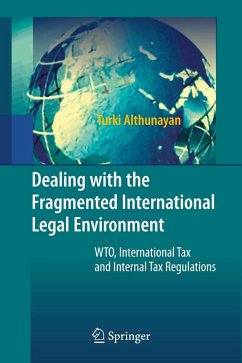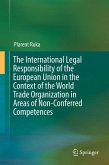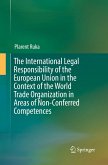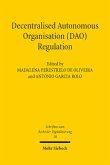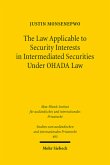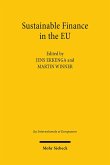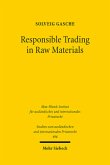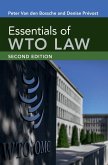Taxes are sometimes so fundamental to domestic systems that they are almost impossible to change, as when the tax system is part of a nation's majority religion or is linked to another value deeply rooted in local communities, such as housing or farming. There is a danger in the WTO, a Geneva-based entity, making decisions for people living in distant locations with regard to tax issues related to their local needs and wants. The Saudi Arabian tax system exemplifies the tension between religion, tax and trade, because tax has a role in the country's religion and is an essential part of its laws.
Therefore, there is a need for maintaining a delicate balance between local needs and international commitments with respect to taxation. This book aims to show directions in which legal order can be preserved as much as possible from within each country, and yet not imposed upon them, and which will help build a peaceful bridge between local and international factors that are important to shaping the global order.
Therefore, there is a need for maintaining a delicate balance between local needs and international commitments with respect to taxation. This book aims to show directions in which legal order can be preserved as much as possible from within each country, and yet not imposed upon them, and which will help build a peaceful bridge between local and international factors that are important to shaping the global order.

